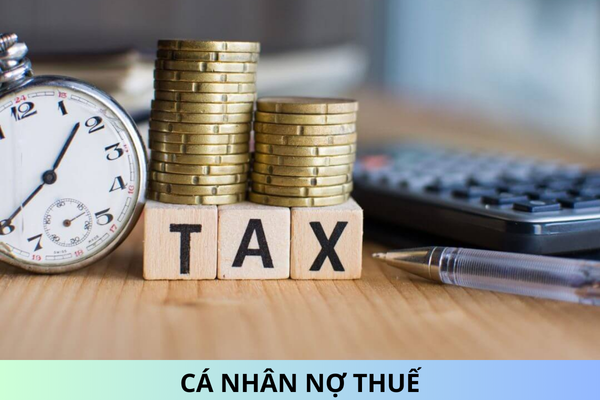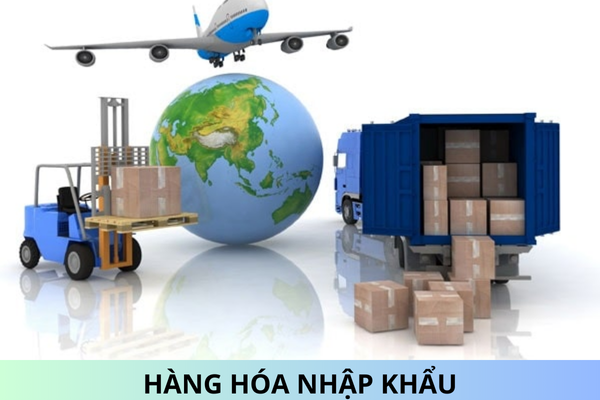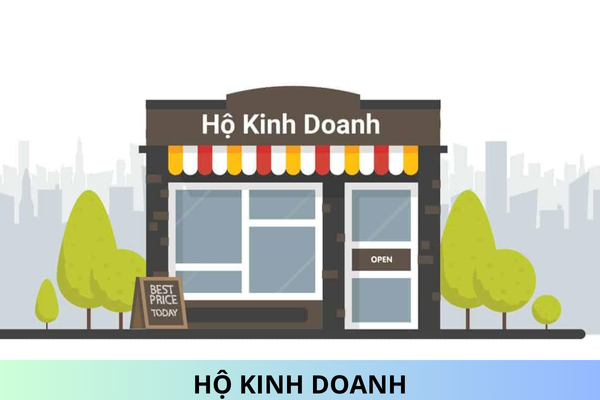When can businesses declare value added tax under the direct method in Vietnam?
When can businesses declare value added tax under the direct method in Vietnam? In case the cost cannot be determined, what can enterprises pay value-added tax by the direct method pay corporate income tax in Vietnam? What is the percentage to calculate VAT by the direct method of the hotel service providers in Vietnam?
Currently, I plan to open a business, but I don't know about tax. I have done a little research on value added tax and I plan to declare value added tax by direct method. May I ask, in what cases can businesses declare value added tax by the direct method? Thank you!
When can businesses declare value added tax under the direct method in Vietnam?
Pursuant to Point a, Clause 2, Article 13 of Circular 219/2013/TT-BTC stipulating direct method as follows:
2. Cases in which VAT is calculated by directly multiplying a rate (%) by the revenue (hereinafter referred to as direct VAT):
a) This method may be applied by the following entities:
- The operational companies and cooperatives that earn less than 1 billion VND in annual revenues, except for those that voluntarily apply credit-invoice method prescribed in Clause 3 Article 12 of this Circular;
- The new companies and cooperatives, except for those that voluntarily apply credit-invoice method prescribed in Clause 3 Article 12 of this Circular;
- Business households and businesspeople;
- The foreign entities doing business in Vietnam without following the Law on Investment; the organizations that fail to adhere to accounting and invoicing practice, except for those that provide goods and services serving petroleum exploration and extraction.
- The business organizations other than companies and cooperatives, except for those that voluntarily apply credit-invoice method.
According to this Article, enterprises eligible to pay value-added tax by the direct method are enterprises with less than 1 billion VND in annual revenues dong or newly established enterprises in Vietnam.
In case the cost cannot be determined, what can enterprises pay value-added tax by the direct method pay corporate income tax in Vietnam?
In Clause 5, Article 3 of Circular 78/2014/TT-BTC, taxpayers are prescribed as follows:
5. For non-business units, other non-enterprise organizations established and operating under Vietnamese law, and enterprises paying value-added tax by the direct method which trade in goods or provide services liable to CIT and can determine the turnover from but cannot determine the costs of and incomes from these business activities, they shall declare and pay CIT at the following percentage of the turnover from the sale of goods or services, specifically as follows:
+ For services (including interests from deposits and loans): 5%; Particularly, education, health and art performance activities: 2%.
+ For goods trading: 1%;
+ For other activities: 2%.
Example 3: Non-business unit A leases a house and earns an annual turnover of VND 100 million. It cannot determine the cost of and income from this activity, so it chooses to declare and pay CIT at a percentage of the turnover from the sale of goods and services as follows:
Payable CIT amount = VND 100,000,000 x 5% = VND 5,000,000.
According to the above provisions in Vietnam, if an enterprise pays value-added tax by the direct method but cannot determine its costs, such enterprise shall declare and pay CIT at the following percentage of the turnover from the sale of goods or services.
What is the percentage to calculate VAT by the direct method of the hotel service providers in Vietnam?
According to the provisions in Section 2 of the Appendix to the List of industries for which VAT is calculated according to the percentage of turnover issued together with Circular 219/2013/TT-BTC as follows:
2) Services, construction exclusive of building materials: 5%
- Accommodation, hotel, motel services;
- Leases on houses, land, stores, workshops, assets, and other personal chattels;
- Leases on yards, machinery, vehicles; material handling, and other services related to transport such as parking, ticket selling;
- Postal services and mailing;
- Commissions for running agents, auction and brokerage services;
- Legal counseling, audit, accounting, and financial counseling; tax brokerage and customs brokerage;
- Data processing services, lease on information portals, IT and telecommunications equipment;
- Office assistance services and other business assistance services;
- Steambath, massage, karaoke, nightclub, billards, Internet, and video game services;
- Tailoring, laundry services; hairdressing services;
- Other repair services including: computer repairs and domestic appliance repairs;
- Infrastructural development consultancy, design, and supervision services;
- Other services;
- Construction and installation exclusive of building materials (including installation of industrial machinery and equipment).
Thus, the percentage to calculate VAT by the direct method of the hotel service providers is 5%.
Best Regards!











